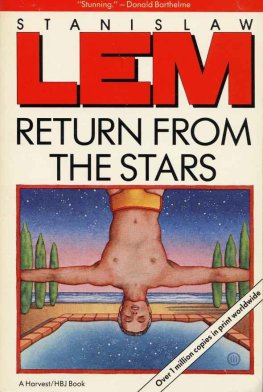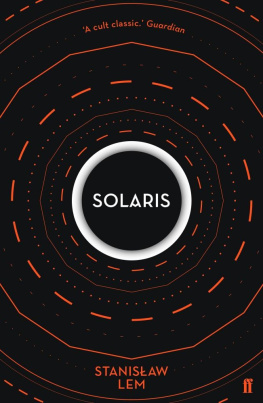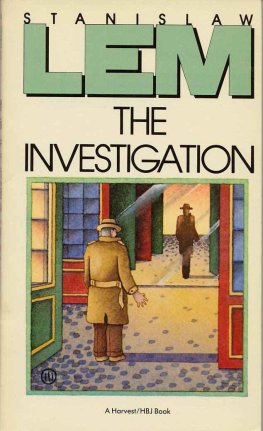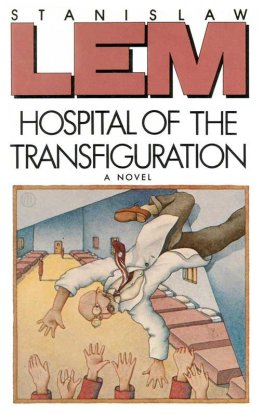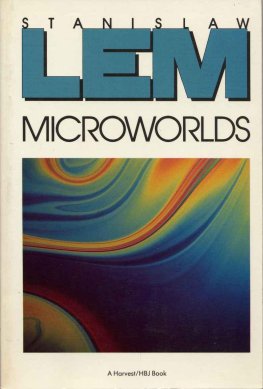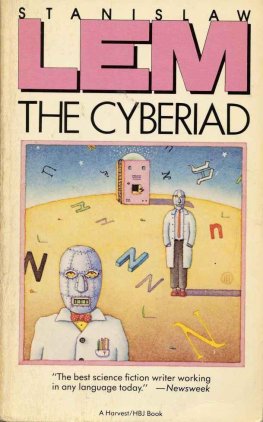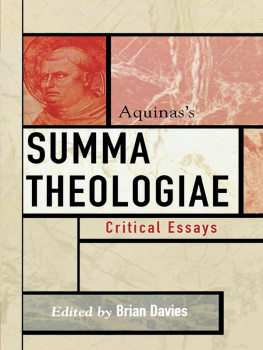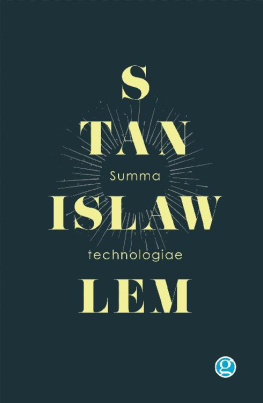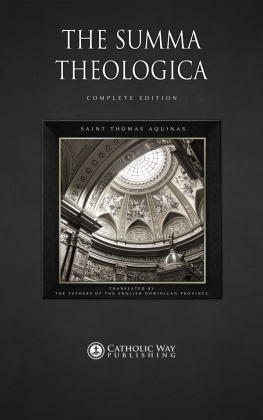Electronic Mediations
Katherine Hayles, Mark Poster, and Samuel Weber, Series Editors
40 Summa Technologiae
Stanisaw Lem
39 Digital Memory and the Archive
Wolfgang Ernst
38 How to Do Things with Videogames
Ian Bogost
37 Noise Channels: Glitch and Error in Digital Culture
Peter Krapp
36 Gameplay Mode: War, Simulation, and Technoculture
Patrick Crogan
35 Digital Art and Meaning: Reading Kinetic Poetry, Text Machines, Mapping Art, and Interactive Installations
Roberto Simanowski
34 Vilm Flusser: An Introduction
Anke Finger, Rainer Guldin, and Gustavo Bernardo
33 Does Writing Have a Future?
Vilm Flusser
32 Into the Universe of Technical Images
Vilm Flusser
31 Hypertext and the Female Imaginary
Jaishree K. Odin
30 Screens: Viewing Media Installation Art
Kate Mondloch
29 Games of Empire: Global Capitalism and Video Games
Nick Dyer-Witheford and Greig de Peuter
28 Tactical Media
Rita Raley
27 Reticulations: Jean-Luc Nancy and the Networks of the Political
Philip Armstrong
26 Digital Baroque: New Media Art and Cinematic Folds
Timothy Murray
25 Ex-foliations: Reading Machines and the Upgrade Path
Terry Harpold
24 Digitize This Book! The Politics of New Media, or Why We Need Open Access Now
Gary Hall
23 Digitizing Race: Visual Cultures of the Internet
Lisa Nakamura
22 Small Tech: The Culture of Digital Tools
Byron Hawk, David M. Rieder, and Ollie Oviedo, Editors
21 The Exploit: A Theory of Networks
Alexander R. Galloway and Eugene Thacker
20 Database Aesthetics: Art in the Age of Information Overflow
Victoria Vesna, Editor
19 Cyberspaces of Everyday Life
Mark Nunes
18 Gaming: Essays on Algorithmic Culture
Alexander R. Galloway
17 Avatars of Story
Marie-Laure Ryan
16 Wireless Writing in the Age of Marconi
Timothy C. Campbell
15 Electronic Monuments
Gregory L. Ulmer
14 Lara Croft: Cyber Heroine
Astrid Deuber-Mankowsky
13 The Souls of Cyberfolk: Posthumanism as Vernacular Theory
Thomas Foster
12 Dj Vu: Aberrations of Cultural Memory
Peter Krapp
11 Biomedia
Eugene Thacker
10 Avatar Bodies: A Tantra for Posthumanism
Ann Weinstone
9 Connected, or What It Means to Live in the Network Society
Steven Shaviro
8 Cognitive Fictions
Joseph Tabbi
7 Cybering Democracy: Public Space and the Internet
Diana Saco
6 Writings
Vilm Flusser
5 Bodies in Technology
Don Ihde
4 Cyberculture
Pierre Lvy
3 Whats the Matter with the Internet?
Mark Poster
2 High Techn: Art and Technology from the Machine Aesthetic to the Posthuman
R. L. Rutsky
1 Digital Sensations: Space, Identity, and Embodiment in Virtual Reality
Ken Hillis
Summa Technologiae
Stanisaw Lem
Translated by Joanna Zylinska

University of Minnesota Press
Minneapolis
London
Originally published in Polish in 1964 as Summa technologiae by Wydawnictwo Literackie. Copyright 2000 Wydawnictwo Literackie, Krakw. Copyright 2010 Barbara Lem and Tomasz Lem. http://www.lem.pl.
English translation and Translators Introduction copyright 2013 by the Regents of the University of Minnesota.
All rights reserved. No part of this publication may be reproduced, stored in a retrieval system, or transmitted, in any form or by any means, electronic, mechanical, photocopying, recording, or otherwise, without the prior written permission of the publisher.
Published by the University of Minnesota Press
111 Third Avenue South, Suite 290
Minneapolis, MN 55401-2520
http://www.upress.umn.edu
ISBN 978-0-8166-8907-1 (Kindle)
The University of Minnesota is an equal-opportunity educator and employer.
Contents
Joanna Zylinska
Translators Introduction
Evolution May Be Greater than the Sum of Its Parts, but Its Not All that Great: On Lems Summa Technologiae
Joanna Zylinksa
Is the human a typical phenomenon in the Universe or an exceptional one? Is there a limit to the expansion of a civilization? Would plagiarizing Nature count as fraud? Is consciousness a necessary component of human agency? Should we rather trust our thoughts or our perceptions? Do we control the development of technology, or is technology controlling us? Should we make machines moral? What do human societies and colonies of bacteria have in common? What can we learn from insects? For answers to all these questions and more, Stanisaw Lems Summa Technologiae is undoubtedly the place to go.
Lem (19212006) is best known to English-speaking readers as the author of the novel Solaris (1961), the film versions of which were directed by Andrei Tarkovsky (Grand Prix at the 1972 Cannes Film Festival) and Steven Soderbergh (2002). However, science fiction aficionados all over the world have been reading Lems original and often surprising novelstranslated into over forty languagesfor years. Be that as it may, the Polish writers attitude to science fiction was not unproblematic. Witness his spat with the Science Fiction and Fantasy Writers of America association, which was incensed by Lems unabashed critique of the majority of the works within the genre as unimaginative, predictable, and focused on a rather narrow idea of the future. Lems own novels take a rather different approach. Drawing on scientific research, they are deeply philosophical speculations about technology, time, evolution, and the nature (and culture) of humankind. What makes Lems writings particularly distinct is his ironic writing style, which is full of puns, jokes, and clever asides. Yet, on another level, his gripping stories about space travel, alien life, and human enhancement are also complex philosophical parables about human and nonhuman life in its past, present, and future forms.
The philosophical ambition of Lems fiction is carried through to what is probably his most accomplished and mature work: a treatise on futurology, technology, and science called Summa Technologiae (1964). With a title that is a pastiche of Thomas Aquinass Summa Theologiae, Lem erects a secular edifice of knowledge aimed at rivaling that of his scholastic predecessor. His Summa sets out to investigate the premises and assumptions behind the scientific concepts of the day and, in particular, the idea of technology that underpins them. As Lem writes in the books opening pages: I shall focus here on various aspects of our civilization that can be guessed and deduced from the premises known to us today, no matter how improbable their actualization. What lies at the foundation of our hypothetical constructions are technologies, i.e., means of bringing about certain collectively determined goals that have been conditioned by the state of our knowledge and our social aptitude and also those goals that no one has identified at the outset.
Despite having been written nearly fifty years ago, Summa has lost none of its intellectual vigor or critical significance. Some specific scientific debates may have advanced or been corrected since Lem published Summa in 1964, yet it is actually surprising to see how many things he did get right, or even managed to predictfrom the limitations of the Search for Extraterrestrial Intelligence (SETI) program through to artificial intelligence, bionics, the theory of search engines (Lems ariadnology), virtual reality (which he terms phantomatics), and nanotechnology. However, it is in the multiple layers of its philosophical argument that the ongoing importance of his book lies. Biophysicist Peter Butko, who published an explicatory essay on Summa in 2006, describes the book as an all-encompassing philosophical discourse on evolution: not only evolution of science and technology... but also evolution of life, humanity, consciousness, culture, and civilization.
Next page

